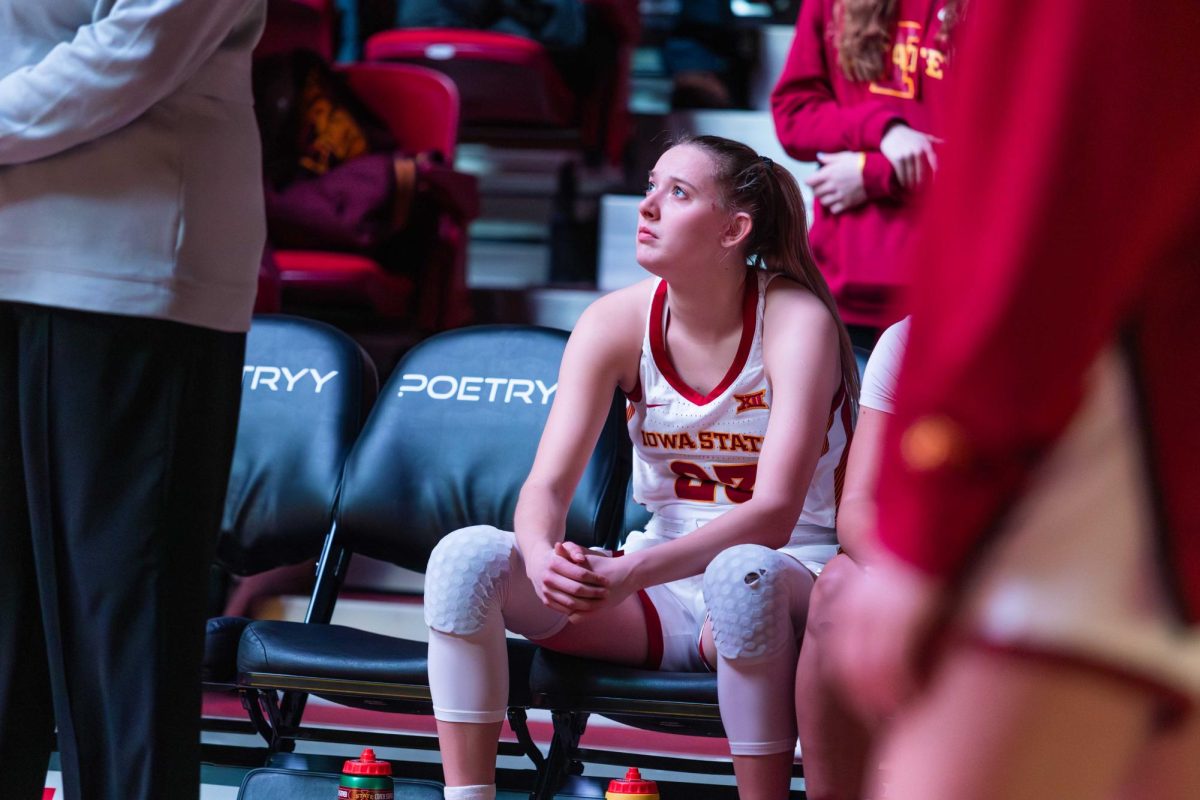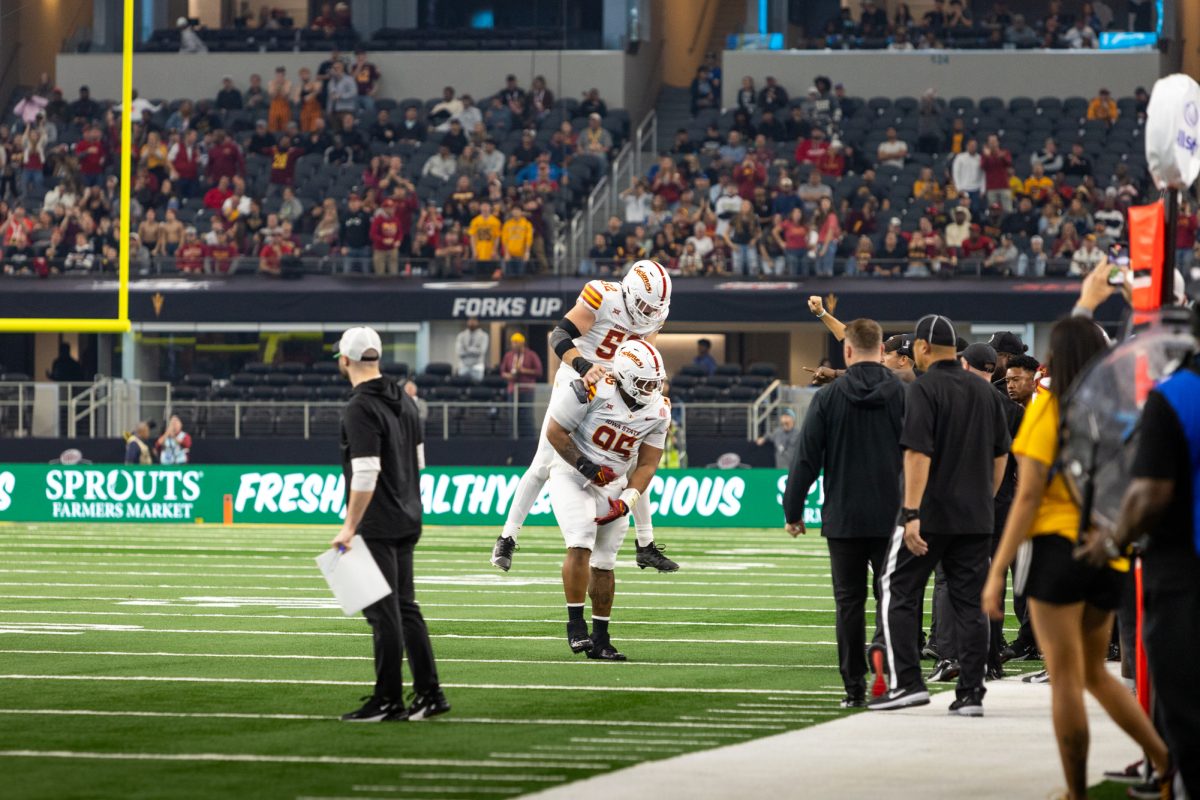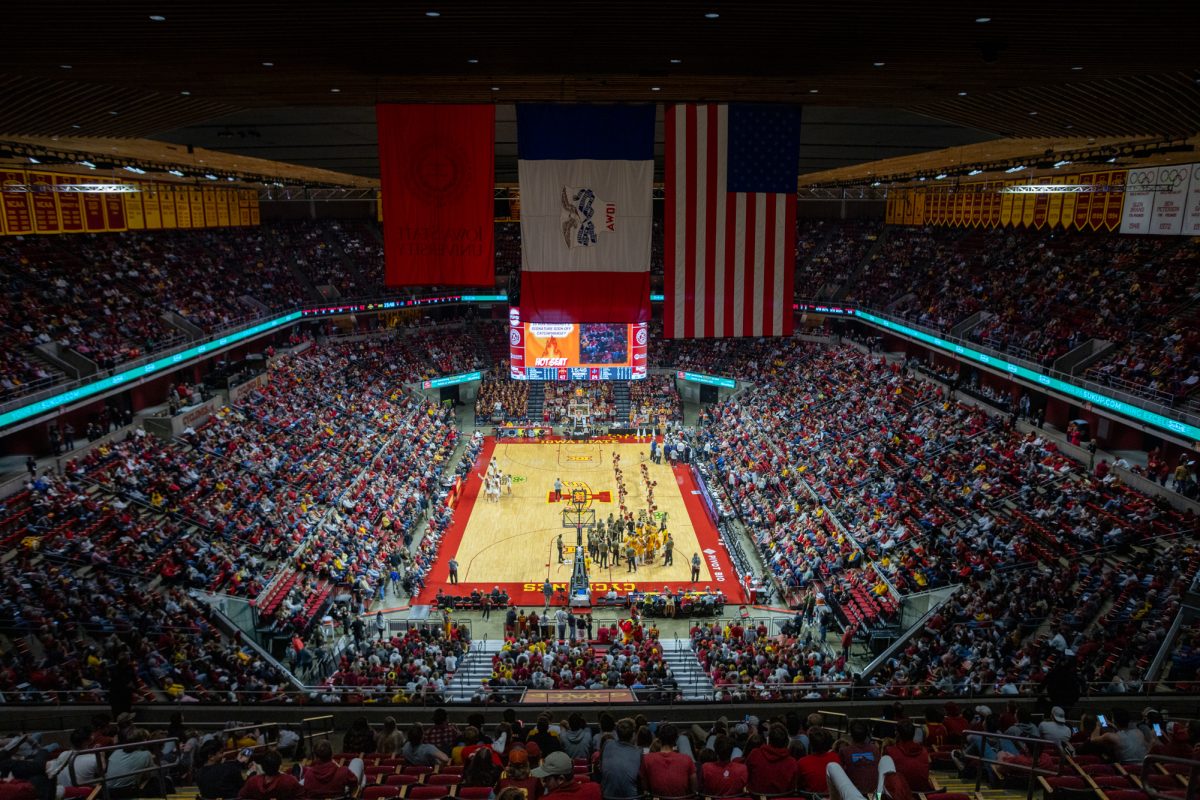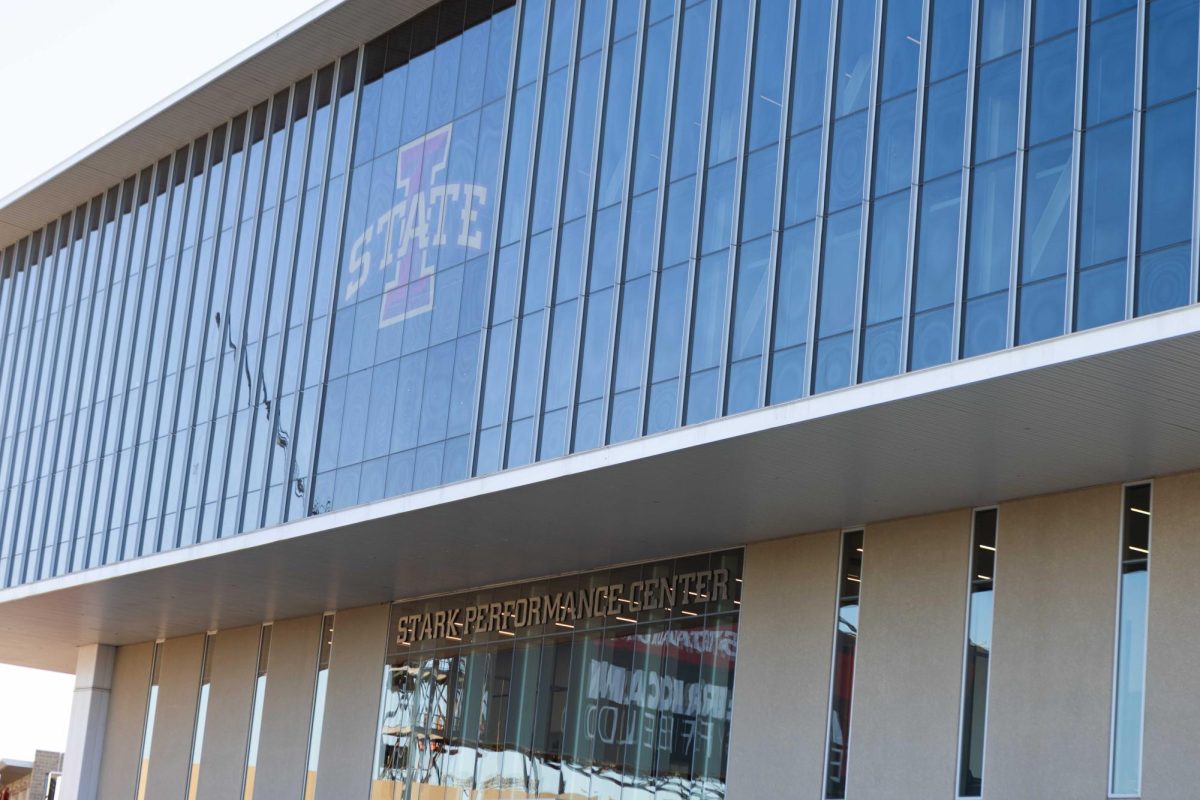Par for the course
September 4, 2003
When Marcus Jones teed off on the first hole at Augusta National Golf Club, official site of the Masters Tournament, he got an opportunity few golf enthusiasts ever receive — a chance to play on a private, world-renowned course.
It was a hard-earned opportunity for Jones, senior in horticulture.
Two previous internships and active involvement in Iowa State’s turf management program earned him an internship at the course, located near Augusta, Ga.
“Working at Augusta has been my goal ever since I got [to Iowa State],” Jones said.
He interviewed for the position in 2001 and received a call one month later offering him a position for 2003.
In the meantime, Jones interned at Cragun’s Resort in Brainerd, Minn. in 2001 and Hazeltine National Golf Club in Chaska, Minn. in 2002, where he helped prepare the course to host the 84th Professional Golfer Association (PGA) championship in 2002.
“I waited a year and a half for my chance to work [at Augusta], but I knew it would be worth it,” he said.
Jones arrived at the course around 6 a.m. each day, most of the time before the sun was up. Helping prepare the course for the Masters tournament, held April 7—13, was a large part of his job.
“There was no typical day,” he said. “I got to experience different ways of doing things because each course is different. It helps you form an open mind.”
Laying eyes on golfers like Tiger Woods, Jack Nicklaus and Arnold Palmer was part of the job while working at Augusta.
With three internships under his belt, Jones should have no problem finding a job after completing his education, said Nick Christians, Jones’ academic adviser and university professor of horticulture.
“The internship is a critical part of finding a job when you get out. Those contacts are usually how we place our people,” he said. “More than half of our placements are through the internship program.”
After eight months in Georgia, Jones is back for a hectic year at Iowa State to complete his undergraduate degree. He will graduate in December and begin graduate school at Iowa State in January.
Between then and now, Jones will be conducting research in preparation for his graduate thesis and will co-teach laboratory courses in his field. He’ll also help coach the ISU Turf Bowl team, of which he was a member for two years, to compete at the Golf Course Superintendents Association of America (GCSAA) annual convention in February. The team has taken home first place honors the past two years in the competition, which tests students’ knowledge on all areas of agronomy, including plant, weed and insect identification, math, soil science, plant pathology and weed control.
“Marcus has had a lot of responsibility in the teaching area,” Christians said.
“He’s a very important part of the program.”
Jones will also be recognized at the national conference for winning the Mendenhall Award from the GCSAA. The award includes a $6,000 scholarship and an expenses-paid trip to the conference in San Diego, Calif.
Jones’ turf management career has already taken him around the country for work and travel, which he said is part of the education itself.
“There are a lot of variables, but you learn a lot at the same time when you experience different things,” he said.
“I’m very confident in my abilities.”
Jones is still undecided about exactly where his career in turf management will take him, but Christians said Jones’ options are wide open.
“We’ve had people like him that interned at Augusta and have been employed full time by Augusta, so there would be that possibility,” he said.
“He could be a PGA rep that helps with preparations for tournaments or a U.S. Golf Association agronomist who goes out and consults with courses on maintenance activities. His internships will provide so many connections to other good jobs.”






